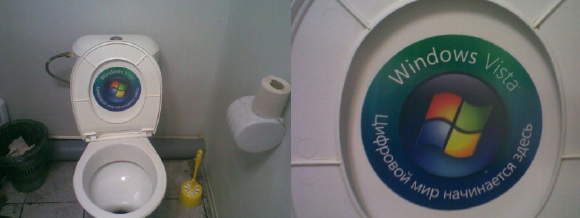We find the idea of streaming TV live to your computer very useful. The problem is the sheer number of sites that you can use to do so. We’re eagerly waiting more efficient aggregators, however, we doubt the sites that stream would appreciate this.
LifeHacker took a poll in September of the best sites to stream video from. The winner was Hulu. We like Hulu, although we admit we could stand to use it more. It is great when we’re on the road, except for the whole hotel room or houseguest bandwidth issues.
Hulu was founded in 2007 by NBC Universal and News Corp. It is an online video service that offers hit TV shows, movies and clips at Hulu.com and other online destination sites — all for free, anytime in the U.S.(or elsewhere if you convince it you are in the U.S.). To quote them…
Hulu brings together a large selection of videos from more than 100 content providers, including FOX, NBC Universal, MGM, Sony Pictures Television, Warner Bros. and more. Users can choose from more than 900 current primetime TV hits such as The Simpsons, The Daily Show with Jon Stewart and The Office the morning after they air, classics like Buffy the Vampire Slayer, The A Team, Airwolf and Married…with Children, movies like Men in Black, Ghostbusters, and The Karate Kid, and clips from Saturday Night Live, Friends and other popular TV shows and movies.
Hulu is advertiser-supported, so you will have to watch ads, but you would have on normal TV as well. It perhaps sharing full-length episodes and clips, and requires only a Flash player to use. If you have an account, you can create a queue of programs you want to watch, as well as subscriptions to specific shows. Hulu offers standard videos in a 480Kbps-700Kbps(depending on the user’s bandwidth) bitrate and a higher-resolution 1000Kbps, and even streaming HD in 720p on some programs.
To be fair, there are other sites that are useful or helpful. SurfTheChannel is an aggregator, which aggregates video from Hulu, YouTube, MetaCafe, etc into a single searchable interface. It isn’t fancy, but it has its uses.
You can also go directly to the websites of the networks that air the show. CBS, NBC, ABC, Comedy Central, etc. They usually provide links to episodes as well as extras you can enjoy.
For those who love high-definition, these sites are adding high-definition streaming, and new technologies are coming. Recast Digital has introduced a new optimization process that they claim is “less computer-intensive, requires less bandwidth, doesn’t require any special software download, and handles high frame rates and renders fantastic colour and smooth transitions.” You can catch a showcase of this at their site. It adapts quality based on your bandwidth, but it certainly looks good.
What we want for these sites is full integration into HTPC software and hardware streaming media players, which is certainly doable if the sites cooperate, which would be good for their ad revenue if they do. Netflix is already, it seems, willing to cooperate with manufacturers for its streaming service, the the Netflix Player by Roku coming to mind. They are selling advertiser supported content. If they open it up to developers with protections, they’ll be able to monetize much more effectively.
Thoughts?



![Reblog this post [with Zemanta]](http://img.zemanta.com/reblog_e.png?x-id=9b8d9c47-3333-4cc5-97a3-f47aa324d4bd)


![Reblog this post [with Zemanta]](http://img.zemanta.com/reblog_e.png?x-id=3c7faf97-2dbf-4b53-80a2-a30df78c7e36)



![Reblog this post [with Zemanta]](http://img.zemanta.com/reblog_e.png?x-id=df3599fa-593b-4e60-8bb5-aa0749e4f333)